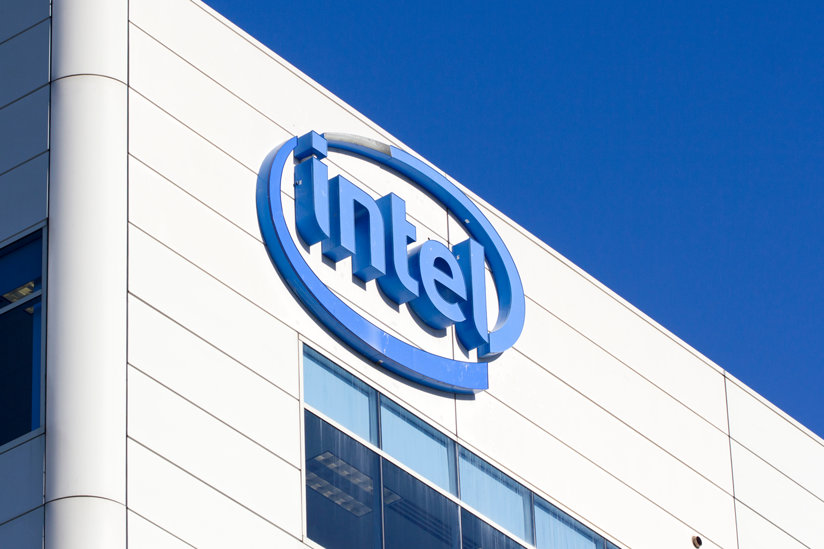
-
HOME
-
WHAT IS STANDOur Mission Our Values Our Help Contact
-
WHAT WE FIGHT FORReligious Freedom Religious Literacy Equality & Human Rights Inclusion & Respect Free Speech Responsible Journalism Corporate Accountability
-
RESOURCESExpert Studies Landmark Decisions White Papers FAQs David Miscavige Religious Freedom Resource Center Freedom of Religion & Human Rights Topic Index Priest-Penitent Privilege Islamophobia
-
HATE MONITORBiased Media Propagandists Hatemongers False Experts Hate Monitor Blog
-
NEWSROOMNews Media Watch Videos Blog
-
TAKE ACTIONCombat Hate & Discrimination Champion Freedom of Religion Demand Accountability
A Startling New Business Model: Why Religious Diversity Works Better for Everyone
This morning, put on your tie or your heels and, while you’re at it, take off everything you’re made of—your background, family, faith, ethnicity—in short, all the things that make you you—adopt the corporate persona, and punch the clock.

That’s the way things are if you work at most American companies.
Because leaving the better aspects of yourself at home or in the company parking lot is, after all, what’s best for corporate productivity.
Or is it?
In a world like that, employees can feel undervalued—and they will leave if the things that are important to them don’t seem to be important to management. Consequently, employee retention is a problem confronting corporations large and small.
“The top two reasons employees leave their jobs are: lack of feeling valued and a sense of belonging.”
But there’s a better way to do things, according to the Intel Corporation. Intel is one of a growing number of companies that believes in employees bringing “their whole self” to work, as Intel CEO Pat Gelsinger puts it. Gelsinger says that “these differences in thought, experiences, background and culture form the foundation for high-performance teams that drive breakthrough innovation and better business outcomes.”
Such differences include diverse faiths. In fact, according to the Religious Equity, Diversity & Inclusion Index, the Intel Corporation was last year’s most religiously inclusive Fortune 100 company in America.
At the Religious Freedom & Business Foundation’s (RFBF) 2022 Dare to Overcome conference at The Catholic University of America’s Busch School of Business in Washington D.C., Intel Product Manager Craig Carter indicated that, “The top two reasons employees leave their jobs are: lack of feeling valued and a sense of belonging. In other words, it’s not the pay. It’s feeling valued and having a sense of belonging—otherwise they leave.”
Carter has statistics on his side. A Pew study reveals that 84% of people in the U.S. say they have some sort of religious or faith system. According to the study, those who answered that religion is “very important” ranged from 60% among men to 62% among whites, 68% among Hispanics, 70% among women and 84% among Blacks. The study also indicates that these percentages will only go up over the years. “So this is the most important area,” Carter says. “More than how many women, more than how many veterans... THIS is the number one area. It’s massively important to people.”

Yes, religious diversity is vital. Few would disagree. But the Intel Corporation takes it further—much further. If tolerance means you’re invited to the party and if inclusion means you’re asked to dance, then engagement means you’re allowed to play your own music. And that’s where cross-faith groups enter the picture. Intel and other companies have formed special resource groups that offer common ground in faith, support, love and fun, with the result that employees feel valued and their companies benefit, too.
Intel, for example, has cross-faith groups representing Judaism, Christianity, Islam, Sikhism, Hinduism, the Baha’i Faith and Agnosticism/Atheism (which is also faith-based) each with its own leader, each empowered to support each other within the group and engage in dialogue outside the group.
“People ask, ‘Haven’t you had issues?’ In 27 years, we’ve had zero issues.”
With no fear of being authentic and engaging with others about their faith, employees are free to express themselves fully, and that expression of self includes their individual contributions to the workplace. The result is something far superior to the old-school “corporate culture.” Intel and the other 20% of Fortune 100 corporations following its excellent example—including American Airlines, Dell, Target, Amazon, Coca-Cola and Google among others—have created what they call an “authentic culture” in the workplace. A Harvard Business Review study reveals that such a culture provides 50% higher performance, 70% less stress and 106% more energy, to name just a few of the benefits.
Craig Carter points to the more than a generation of success Intel has enjoyed in employee recruitment, retention and results. “We’ve been doing this for 27 years. People ask, ‘Haven’t you had issues?’ In 27 years, we’ve had zero issues.”

Intel was honored this year with the Global Business and Interfaith Peace Gold Medal for its strides in creating a diverse and enlightened workplace.
So is it good business to let people be their whole selves at work? Does not just acknowledging but also embracing and celebrating diversity result in increased productivity?
The statistics and surveys all say yes. The recruitment, retention and results over more than a generation say yes. But most importantly the relief and pleasure people take in bringing their full selves to work instead of being forced to put on some artificial “corporate” persona say yes—emphatically, affirmatively and joyously so.









